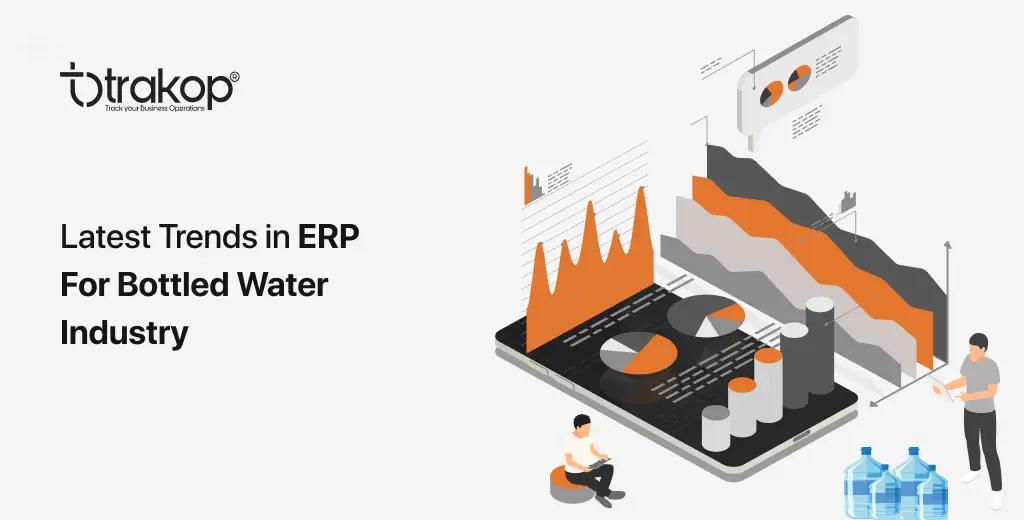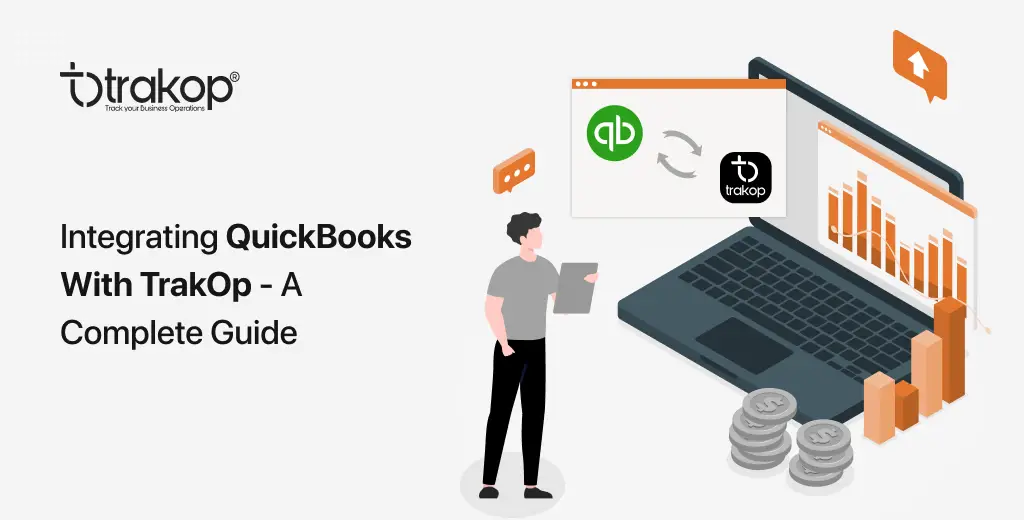How Does Scheduled Delivery Improve Business Operations?

Deliveries have changed in many ways in the last decade. The entire perspective on delivery services has changed, going from deliveries in days to deliveries in 10 minutes to now scheduled delivery services. Scheduled deliveries have become more popular and are being embraced by many companies that previously provided them, as 10-minute deliveries proved to be a huge failure.
Scheduled delivery services allow customers to place and schedule their orders according to the delivery slots defined by the business. Being able to choose a delivery slot increases customer satisfaction and allows businesses to collect all orders and deliver them in bulk, reducing delivery costs and increasing efficiency.
A survey by DeliveryCircle found that scheduled delivery can increase delivery driver productivity by up to 25%. This is because scheduled delivery allows for better route planning and reduces idle time.
In this blog, we’ll see how scheduled delivery services help improve business operations.
Ways in which scheduled delivery services help improve business operations
Exceeds customer expectations – Customers can place their order and schedule delivery on a specific date and time while checking out the order. In this way, customers can work on their other daily tasks without having to wait and worry about parcels all day long. The number of order inquiries raised by customers decreases, and businesses can instead ask for customer feedback. The transparency between the customer and the business increases the CSAT (customer satisfaction score) and customer retention rate.
Reduce operational costs – Unlike on-demand deliveries, where a single order is delivered in one go, in scheduled deliveries, bulk deliveries are made. Scheduled deliveries occur in accordance with a timetable that has been decided upon by the companies and their clients. All orders for a particular slot are delivered at once. This reduces and optimises the delivery’s operational costs.
Improve inventory management – Inventory management is the most crucial factor that leads to successful order fulfilment. Scheduled deliveries give businesses enough time to replenish their inventory and never run out of stock. Sufficient inventory avoids the chances of overselling, ensures timely order fulfilment, and increases inventory turnover.

Better delivery schedule planning – With the number of orders to be delivered in particular time slots, it allows businesses to plan the delivery schedule, route, and manage their workload efficiently. Assume the customer chooses the delivery time slots of 1 pm to 2 pm, which means the order can be delivered between 1 pm and 2 pm to ensure the customer is available when the order arrives. This increases the customer experience and improves the customer retention rate.
Optimise route – Route optimisation is a crucial feature that optimises the route and creates the shortest delivery path. It also sequences the orders in which they are to be delivered. Optimised delivery route ensures OTD (on-time delivery) and lowers transportation costs. Optimising the route helps reduce turnaround time and the impact of carbon footprinting.
Increases profitability – Having proper information about the time and place of order fulfilment allows businesses to focus on their core objectives, which are scaling and being profitable. They can study and analyse customer behaviour and product demand and plan their future business strategies accordingly to increase their net profit margin.
Sustainability – Scheduled delivery is a sustainable model that lowers delivery costs, increases customer satisfaction scores (CSAT), and helps the environment. With scheduled deliveries, several orders can be delivered at a time without having to make large rounds, which reduces carbon emissions and carbon footprints. Scheduled delivery helps increase the sustainability score of the business.
A scheduled delivery is seen as a countermeasure for cutting losses without affecting customer satisfaction. However, opting for scheduled deliveries and managing them is not everyone’s cup of tea. It does come with certain challenges that can be mitigated by using technology.
Use case (Source)
Food solutions company SpartanNash (the “Company”) today announced its new partnership with Uber Technologies, Inc. to offer on-demand and scheduled grocery delivery to shoppers across the Midwest on November 10, 2022.
“SpartanNash’s focus on customer-centric innovation is core to our next stage of growth,” said SpartanNash Executive Vice President and Chief Strategy and Information Officer Masiar Tayebi. “Partnering with Uber is an important marker of this, meeting our shoppers wherever they are—in stores or online. We are proud to expand our reach across the Uber and Uber Eats platforms to new customers who are hungry for convenience delivered to their doorstep.”
“We’re thrilled to be joining forces with the team at SpartanNash to bring its corporately-owned banners onto the Uber Eats app, helping to expand their digital strategies and customer reach through technology,” said Christian Freese, Uber’s head of grocery and new verticals across the U.S. and Canada. “And we’re also incredibly excited that this partnership expands the reach of grocery delivery from Uber Eats to cities and towns across the north Midwest for the first time, thanks to these beloved grocery brands.”
Trakop is an integrated SaaS platform for scheduled delivery businesses like grocery, dairy, bottled water, and cloth diaper delivery. Talk to our team of experts if you are looking for any scheduled delivery-related advice or software to automate your scheduled delivery business.
Hope You Enjoyed the Read!

He loves to explore. His passion for helping delivery industries in all aspects flows through in the vision he has. In addition to providing smart solution to make delivery process flawless, Ravi also likes to write sometimes to make it easier for people from business industry looking for digital solutions.









